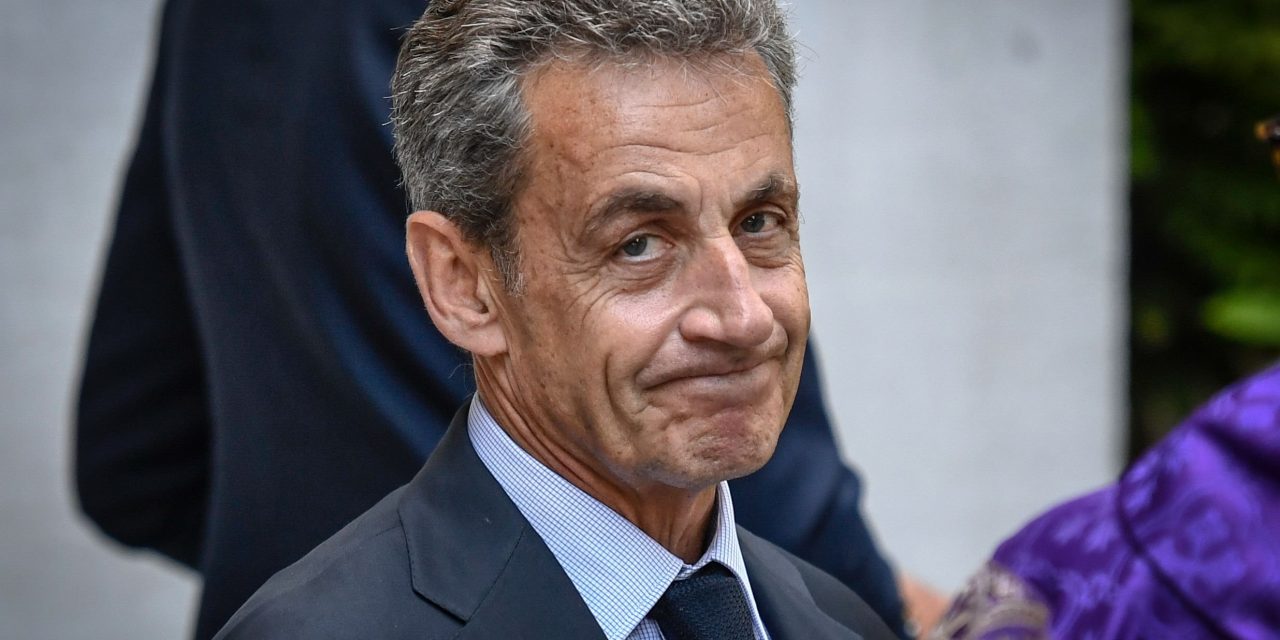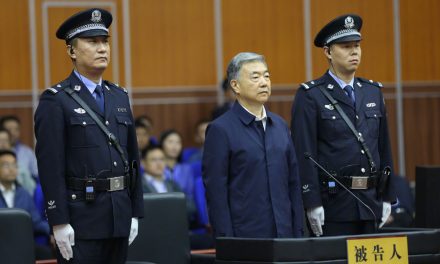Sarkozy
3 March 2021
Former French president Nicolas Sarkozy was found guilty of corruption on Monday and was handed a three-year prison sentence. The sentence includes two years suspended and the remaining one year would be converted into a non-custodial sentence. That means Sarkozy will not be in a prison.
Sarkozy was accused of bribing a judge with the promise of an important position in exchange for receiving confidential information about another trial that he was facing. The court said that after leaving office Sarkozy offered judge Gilbert Azibert a position in Monaco in return for confidential information about the trial that alleged that Sarkozy had accepted illegal payments from L’Oreal heiress Liliane Bettencourt for his 2007 election campaign.
The court said Sarkozy, his lawyer and thirty-year-old friend Thierry Herzog and Gilbert Azibert acted together in a “corruption pact”. Herzog and Azibert were also handed over the same sentence by the court. Herzog, who is a criminal lawyer, has also been barred from practising for the next five years.
The police monitored telephone conversations between Sarkozy and his former lawyer Herzog. The police investigation was in connection with the claims that Sarkozy had received an illegal and undeclared donation to his 2007 presidential campaign from Muammar Gaddafi, then leader of Libya.
Some of Sarkozy’s friends and associates have also separately been convicted of financial wrongdoing. They include his political mentor Charles Pasqua, his former prime minister Francois Fillon, his former chief of staff Michel Gaudin and a former close adviser, Boris Boillon.
Another case against Sarkozy is expected to go on trial from 17 March 2021. The allegations in this case are that during his re-election bid in 2012, Sarkozy’s party spent more than what was allowed and tried to hide the costs with the help of a PR company.
Sarkozy becomes the second president to be convicted of corruption, after his mentor Jacques Chirac, who received a two-year suspended sentence over the creation of ghost jobs at the Paris city hall to fund his party when he was mayor.














